Nations fail to back Swiss proposal to examine solar geoengineering tech

Governments have failed to agree on how the United Nations should study or regulate controversial solar radiation modification (SRM) or solar geoengineering techniques. Switzerland had proposed a resolution calling for more research into the nascent technologies that aim to fight climate change by reflecting the sun's rays back into space.
At the United Nations Environment Assembly (UNEA) in Nairobi, Kenya, this week Switzerland pushed UN member states to set up an expert panel to examine solar radiation modification (SRM) technologies.
The legal but largely untested technologies involve a deliberate and large-scale intervention in the Earth’s climatic system, with the aim of reducing global warming. It attempts to offset the effects of greenhouse gases by causing the Earth to absorb less solar radiation. Those opposing the technology mainly argue it could potentially harm the environment without addressing the root causes of climate change.
Countries were unable to reach a consensus in Nairobi. Consequently, Switzerland withdrew a resolution it had tabled to examine the technology.
The original Swiss draft had called for the setting up of an advisory panel of specialists appointed by governments and representatives of international scientific bodies to gather information and produce a report on SRM’s possible applications, risks and ethical considerations.
The group of African nations in particular were reportedly opposed to anything that enables SRM, arguing that the risks to the environment are too great and that the option of SRM undermines “real climate solutions”. Pacific Island states, Colombia and Mexico also reportedly came out against the resolution.
Switzerland’s ambassador, Felix Wertli, regretted that UNEA couldn’t conclude this “important matter” but added that it was positive that nations had begun a “global conversation on SRM”.
“It was never the intention of the supporters of the resolution to come forward with a programme of research,” he told SWI swissinfo.ch.
“The idea was always to gather information on SRM and make it accessible and to identify options for further work. This will not happen now. But it became clear that the topic is relevant. I expect that the conversation will continue.”
Switzerland’s next steps are unclear, but Wertli said it remains interested in the issue.
Largely untested technologies
Solar geoengineering has grown in prominence as the prospect of curbing CO2 emissions enough to limit global warming to 1.5°C has faded.
Proposed techniques include stratospheric aerosol injection, spraying aerosols that scatter light, such as sulphur dioxide or calcium carbonate, into the stratosphere, or marine cloud brightening, adding sea salt to low clouds over the ocean to make them more reflective. Another technique is cirrus cloud thinning: adding aerosols to high-altitude cirrus clouds to reduce the infrared radiation they reflect back to the surface.
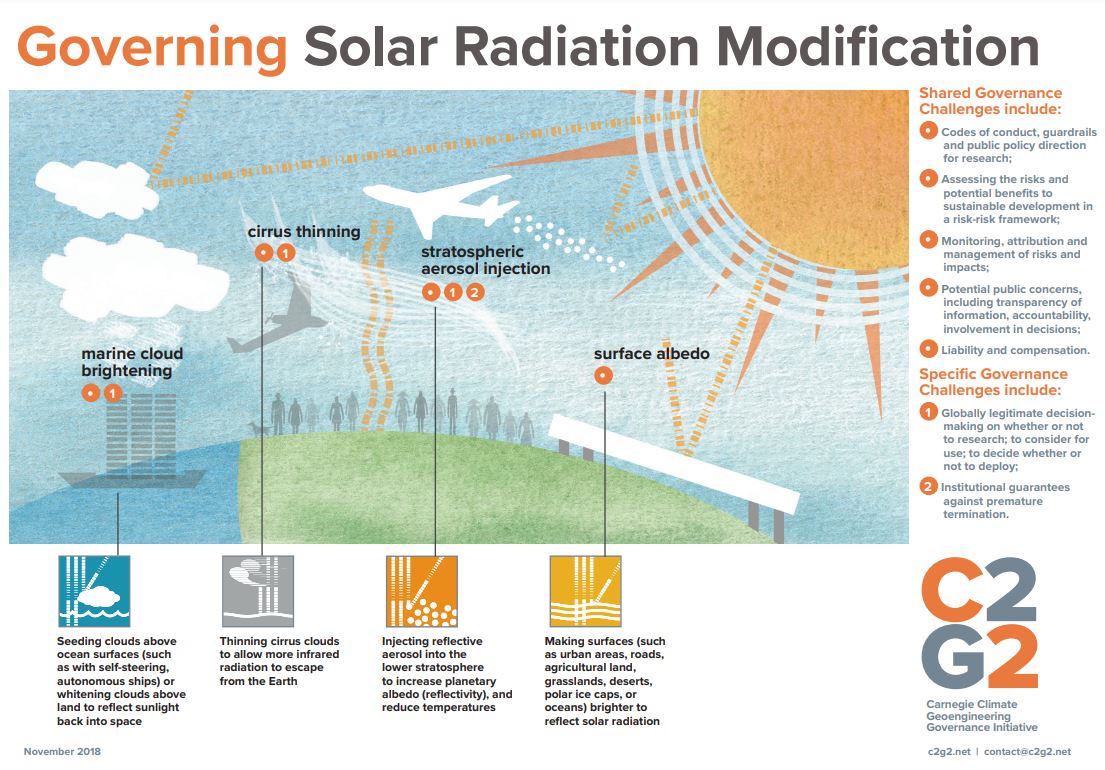
There are only a handful of small SRM projects in operation. An American start-up called Make Sunsets has been sendingExternal link sulphur balloons into the sky in the US and Mexico since late 2022 and attempting to sell the claimed climate benefits. On Wednesday, the UK government announcedExternal link a five-year research programme on risk analyses of SRM techniques.
Supporters of SRM say it could be a relatively cheap and fast way to counter extreme heat.
Excuse to delay CO2 cuts
Solar geoengineering remains highly controversial. Critics are worried about possible impacts on weather patterns and agriculture, especially in poorer countries. They also fear SRM could serve as an excuse to delay cutbacks on greenhouse gas emissions.
“The science is very, very nascent, and the risks are unknown,” Ali Mohamed, Kenya’s climate envoy, told Reuters. “At this stage, there are many solutions to the regulation of greenhouse gases.”
The Swiss ambassador said governments in Nairobi had generally acknowledged that more research and access to information on SRM was needed. But some countries had been opposed to any mention of “benefits” of SRM technologies in the resolution.
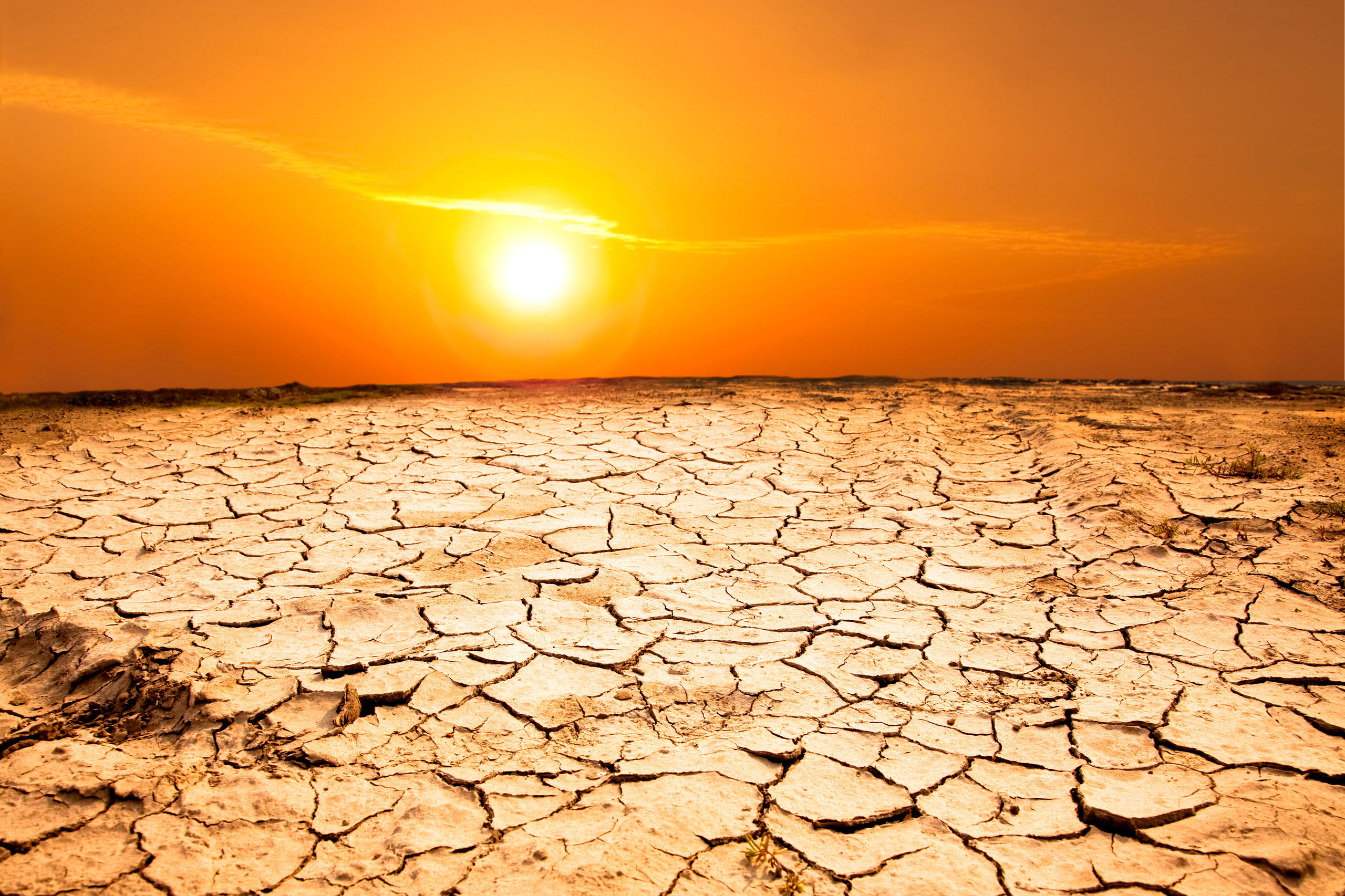
More
Tempting solution: cool the planet artificially
Scientists also remain divided over whether SRM should be explored as a potential solution to combat climate change.
An open letterExternal link signed by more than 400 scientists in 2022 called for an international “non-use agreement” on solar geoengineering. It also said United Nations bodies, including UNEP, “are all incapable of guaranteeing equitable and effective multilateral control over the deployment of solar geoengineering technologies at planetary scale”.
Meanwhile, a separate open letter initiative, entitled “Call-for-Balance”,External link which was launched more recently, argues that thorough and critical research on SRM is a “safer path than willfully neglecting it”. The letter signed by around 140 researchers calls for “international, inclusive, transparent, reflexive and comprehensive research efforts to enable balanced assessment of SRM”.
A ‘distraction’
Sonia Seneviratne, a climate researcher and professor at the federal technology institute ETH Zurich, was one of the signatories of the 2022 letter. She calls SRM a “distraction” and says the focus should rather be on stopping the use of fossil fuels.
“There is already substantial evidence that solar radiation modification would not provide long-term help against the climate crisis,” she told SWI swissinfo.ch.
“It could have been useful to have a resolution on this topic, but there could also be a danger of spending too much time on addressing this instead of the main solutions to the climate crisis. For this reason, this decision is not necessarily problematic in the long term.”
The influential Intergovernmental Panel on Climate Change (IPCC) noted critical knowledge gaps and risks related to SRM. It could “introduce a widespread range of new risks to people and ecosystems, which are not well-understood”, the IPCC’s scientists said in their 2023 reportExternal link.
The Mexican government has banned SRM experimentsExternal link on its territory. The European parliament stressed the need for restrictive governance and the application of the precautionary principle in a statement last yearExternal link on solar geoengineering.
A panel of leaders called the Overshoot Commission also recommendedExternal link last year that governments expand research into solar geoengineering while placing a moratorium on large-scale experiments outdoors.
Pascal Lamy, chair of the Overshoot Commission, told SWI swissinfo.ch that Switzerland and the other co-sponsors of the UNEA resolution should be commended for their efforts to try to gather more evidence and information on SRM, and to find ways to include it in the global governance of environment and climate change.
“At the Climate Overshoot Commission, we will keep calling for countries to engage in a moratorium on the deployment of these technologies, but also for support to scientific research to understand more of any possible harms and potential benefits of such approaches,” the former head of the World Trade Organization told SWI swissinfo.ch.
Edited by Virginie Mangin/ts

In compliance with the JTI standards
More: SWI swissinfo.ch certified by the Journalism Trust Initiative









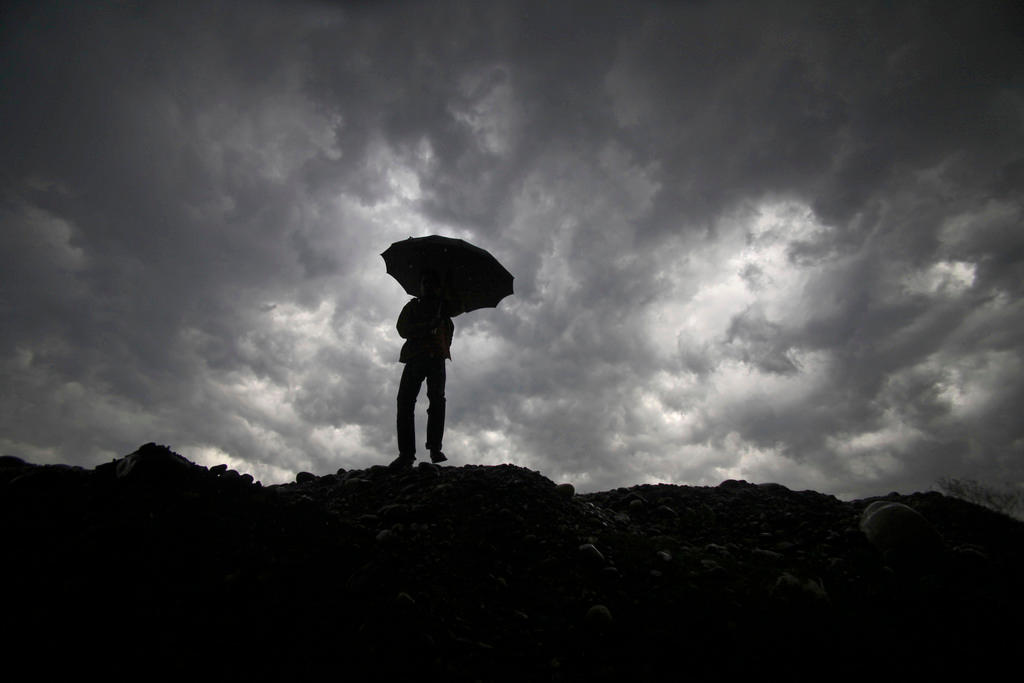
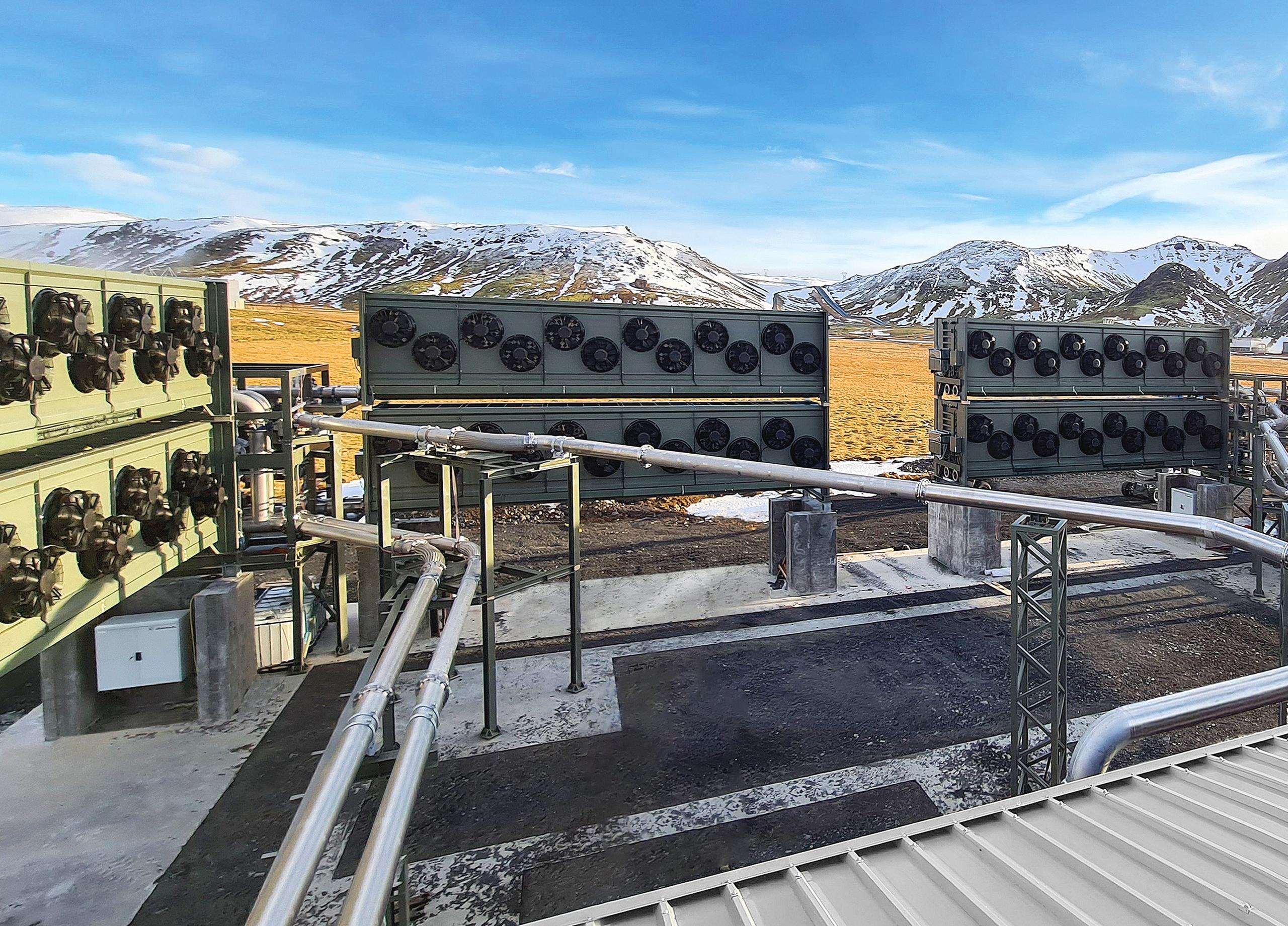
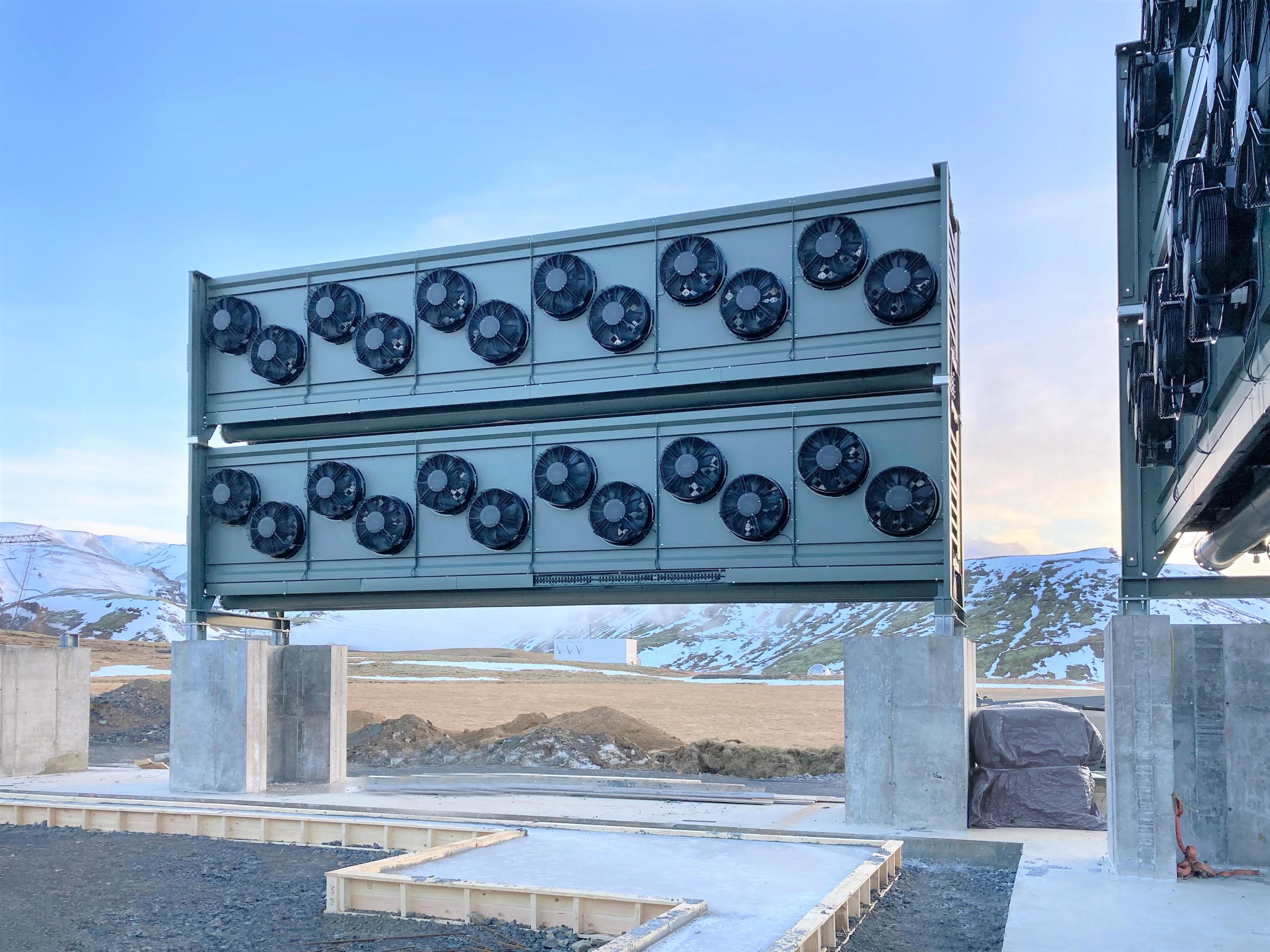
You can find an overview of ongoing debates with our journalists here . Please join us!
If you want to start a conversation about a topic raised in this article or want to report factual errors, email us at english@swissinfo.ch.